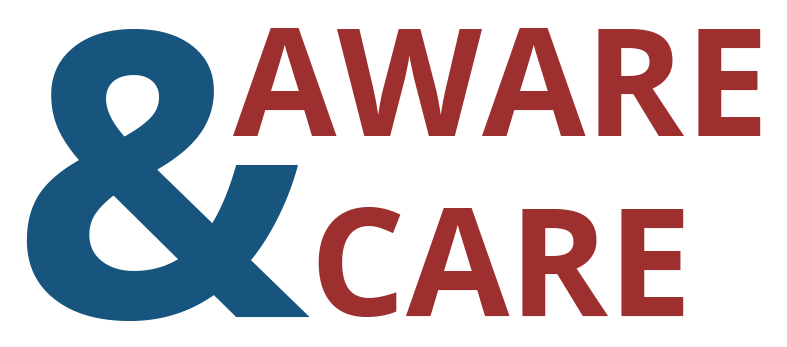AWARE
The Principles
What we focus on increases. Abuse has no place if we focus on goodness, developing wisdom, and continually improving ourselves.
DEFINITION
Abuse has many forms and degrees of severity. The more pain an abusive act inflicts and the more innocent and vulnerable the victims, the more repulsed and outraged we become. Abuse raises strong emotions. Some people are hurt with the slightest of offenses. Others endure a lifetime of unthinkable torture. Others have experienced little pain and can’t identify with the inconceivable suffering of others. Abuse is defined throughout this plan not by WHAT it is but WHY it is: intentional neglect or acts, done to purposefully suppress an individual in order to elevate the status or value of the perpetrator.
On one end of the abuse spectrum this could be as simple as using an intentionally hurtful insult against an opponent in hopes they back down from a disagreement. Abuse on the other end of the spectrum includes such horrible acts as human trafficking, torment and torture. Unfortunately, some people feel violence is the way to control what other people think and do. We only have to look at history to know this simply doesn’t work. The suffering is enormous when attempts are made to control other people.
As difficult as the words “abuser”, “perpetrator”, and “victim” are to identify with, we each have the potential to be both an abuser and a victim. Elevating above or lowering ourselves below other people both make way for abuse. Actual acts of violence are a defining separation between those people who are civil and in control of themselves, and those who are not. Regardless of the presence of violence in our lives, it is necessary to be aware of our own circumstances, and our own feelings of superiority and inferiority. This realization allows greater personal development, and the personal application of the principles and actions described in this plan.
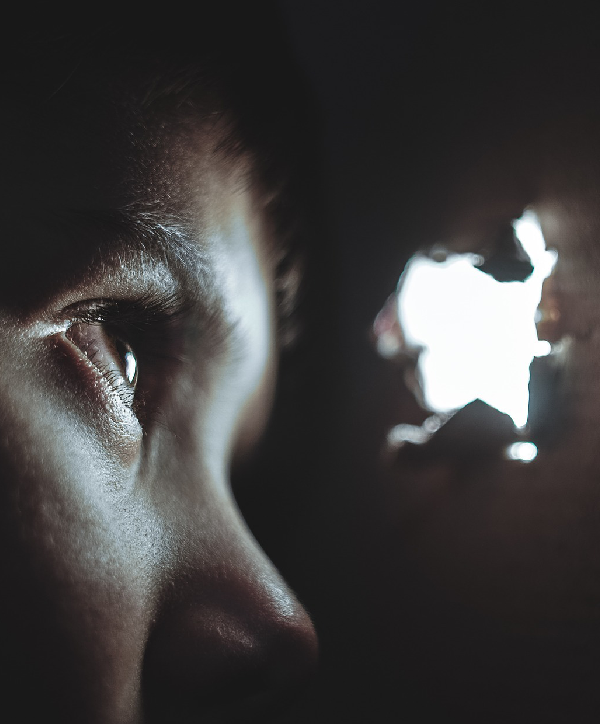

INTRODUCTION
Perpetrators of violence hate themselves and the world around them. The simplest way we can personally control violence, is not be the perpetrator ourselves. When we love ourselves and others, we can prevent so much abuse, violence, and other needless suffering. We are love-able when we build people up rather than tear them down. This makes it easier to develop confidence and trust in ourselves, which allows us to find purpose and meaning in our lives. Confidence and trust in ourselves are built over time as useful habits and skills are developed. Habits and skills are made up of systems or processes – a series of small simple steps or tasks that each of us can do without the possibility of failure. Our choices make accomplishing small, simple tasks happen. Our choices support and connect all the elements which make up who we are, how we see ourselves, and how we see the world. What we focus on increases. Abuse has no place if we focus on goodness, developing wisdom, and continually improving ourselves.
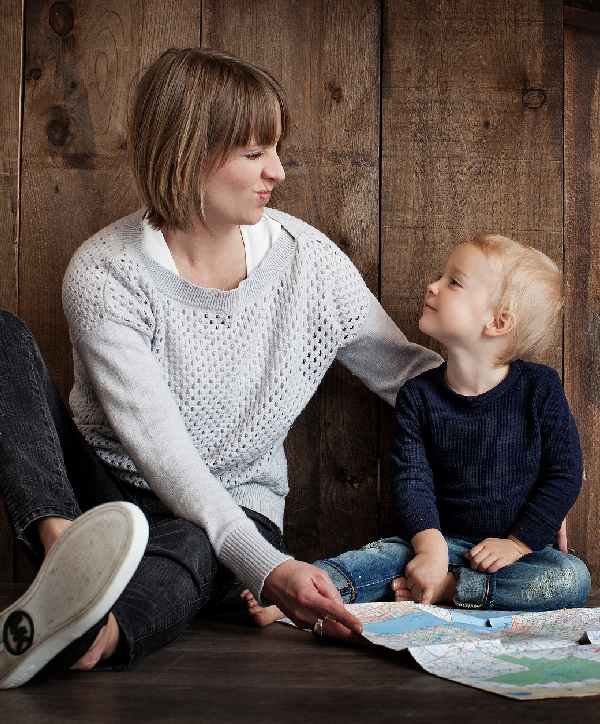
BECOME LOVE-ABLE
Without loving ourselves and others we are lost and are susceptible to becoming either a victim or a perpetrator. In many cases – both. Becoming love-able – the ability to give and also receive love, makes us keenly aware and in control of our thoughts and emotions, which prevents us from harming ourselves and others.
When we love ourselves enough to take good care of ourselves, we are resilient and strong. We are aware – looking out for potential danger reduces our own risk of being abused or exploited. If something terrible should happen to us, being love-able prevents us from becoming a victim in our own view. Being able to love, allows forgiveness in and pushes hurt and sorrow out. Although easier said than done, it is possible.
Every person is born with the abilities to love and to be loved, but like a seed it is only the beginning. It takes time and nurturing to develop and mature. People who are love-able live with purpose and meaning because they see worth in every individual person – including themselves.
LIVE WITH PURPOSE AND MEANING
Athletes and other professionals often have difficulty coping when they retire. Their identity, value, and purpose have been placed in their jobs for a long time. It is difficult knowing what to do or who they are without their jobs. War veterans often struggle coming home when their day to day activities no longer require the noble purpose of protecting our country. A new purpose is needed for their own development and well-being. We waste away in misery without purpose and meaning in our lives.
Purpose and meaning start small and grow. Pursuit of purpose and meaning start by preventing needless suffering, then grow to include useful performance and then mature to realize accomplishments of excellence. Not everyone will cure cancer or invent the iphone. However, we all can prevent needless suffering and we all can be useful and contribute positively to the world. Everything we do matters somehow. These are simple yet powerful concepts, but in reality, living with purpose and meaning is a process which requires being involved, intentionally engaged, and participating in life.

Needless Suffering
Needless suffering – the consequences of misguided or careless choices, can be avoided or minimized, when we have purpose and meaning in our lives. With purpose and meaning our choices are guided and careful, not careless. As strange as it may seem, some suffering is needed to help us find purpose and meaning. We cannot eliminate all suffering. Beyond our choices and control – people get sick, disappointments occur, heartache happens and we grieve. Life happens. This suffering allows us to be stronger, more understanding and more empathetic to those people who suffer so terribly. It allows us to identify with each other, and give hope and strength to one another. This pain motivates us to change and allows us to appreciate the joy in our lives. However, there is enough misery in the world without creating more with our own misguided and careless choices. There is wisdom in knowing the difference between needed suffering and needless suffering.

GAIN CONFIDENCE AND TRUST IN OURSELVES
Confidence and trust in ourselves give us belief to seek after purpose and meaning in our lives. Without a belief that purpose and meaning are possible to attain, we can’t or won’t even look for them. We simply try to survive. When other people have confidence and trust in us it makes it easier to have it in ourselves. Having someone else believe in us can alter our lives for good. When people genuinely believe in us, we feel good about ourselves. However, it can wear off quickly like a sugary snack. When belief in ourselves comes from within, strength is sustainable over a longer time, like a well-balanced, healthy meal. However, both require us to regularly consume more belief, an active process of effort on our part. We can’t control what other people believe about us, but we can control what beliefs about ourselves we consume. Waiting for or even demanding other people give us their confidence and trust, leads to resentment and contention.
Compare Ourselves to Ourselves
To have confidence and joy, we must be content with where we are and, at the same time, work to be better. The trick is to compare ourselves only to ourselves and not to other people. Compare ourselves to our current selves, as we are today, not what we were in the past or what we may be in the future. Visualize the future and set goals but to achieve those goals focus on the present – the tasks at hand. When we compare ourselves to other people, we will either find 1. we are better, which often leads us to take advantage of those we view as “lesser”. We too easily dehumanize those people we view as “lesser”. 2. we are worse, which often leads to anxiety and depression, and we defer to those who we view as “greater”, increasing our risk of being taken advantage of by people who are stronger. Should we ever feel the emotion to hurt ourselves or others, ask ourselves if we are feeling “greater” or “lesser” in comparison to an image, idea, or person?
It’s not Fair. It is impossible to consider all variables equally and fairly because circumstances and conditions constantly change. Strengths, weaknesses, resources, opportunities, sacrifices, priorities and preferences are different for each of us, and are the result of our freedom to make choices. Example: An athlete who doesn’t smoke has an instant advantage over one who does. To have equality and fairness is to eliminate choices. Our choices may cause some inequality but taking away our choices forces us to be “lesser”.
We make comparisons only in small areas of application or expertise. We tend to compare our weaknesses to other people’s strengths and our strengths to other people’s weaknesses. Without this comparison we are each created equal but different at the same time.
Doctors are valuable and appreciated professionals. They spend many years and thousands of dollars to earn much needed degrees. Plumbers, on the other hand, may be considered “lesser” professionals. Both the status and pay are considerably different but so are the hours and stress. In the context of history, however, plumbers may have saved more lives and extended the human lifespan far greater than doctors. The availability of clean water and the removal and disposal of waste may have done more to prevent disease and reduce suffering than modern medicine. Certainly, a curious study, but also an unfair comparison of professions. Each are extremely valuable and noble in their own way.
When we compare ourselves to ourselves, we can see the good in others because they are no longer a threat and seen as an opponent or enemy. This makes it easy to cheer for them and wish for their success as well as our own. Competing against our friends is usually the most rewarding because it elevates our performance but still allows us to be happy for their success should they prevail over us.
Comparing ourselves to ourselves allows us to make friends of our opponents and disagree peacefully. We waste little energy when other people are no longer our foes. At the same time, we are wise and don’t surrender to the evil that happens. We shouldn’t abandon true principles or just give in and make ourselves “lesser” as a way to keep the peace. Truth matters. We can learn from people we disagree with. We can add their ideas to our own, to patiently come up with a full understanding of the truth and more complete solutions. This is different than compromise, it is synergy. People can argue two seemingly conflicting ideas and both be defending correct principles but both be incomplete.
Work harder vs work smarter. Which is more correct? Develop a smarter way and then work hard at it. Inversely, working hard allows us to find greater efficiencies – smarter ways. Both principles are true but need the opposing view. Placed in the proper sequence – at the proper time and circumstance, opposing views complete one another. One acts as the primary principle, and at other times acts as the secondary principle.
Similarly, discipline and love are not in competition but cooperation with one another. Discipline without love is abuse. Love without discipline is neglect. This can only be seen when we compare ourselves to ourselves.
Pain
A primary destroyer of confidence and distraction from our purpose is – PAIN. We will all be hurt at some time and in some way. In our lifetime, we will all be insulted, criticized, offended, left alone, embarrassed, physically injured, uncertain, afraid, stressed, hungry and tired. The normal reactions to being hurt is to lash out – fight, or run away/hide – flight.
When we are hurt in some way and have the fight response, we think “I will show you how it feels to be hurt like I am,” and we want to pay back the hurt and get even (or a little ahead while we are at it). It may or may not be against the persons who hurt us. It most likely is against someone who is weaker or against someone who is innocent all together. This is a mistaken effort to feel important or superior after feeling inferior from the pain. The old saying, “misery loves company,” is true. By getting even, problems are only made worse and the suffering is compounded. We have now become the abusers.
The damaging effect of payback always goes beyond what is intended. People who have nothing to do with our situation can be harmed. Example: The payback of hurt feelings with false accusations of abuse, not only harm the accused, but affect the ability of real victims to be believed and helped. False accusers seed doubt and put their own selfish desires above all other actual, serious victims. False accusers are abusers.
If our response is to run or hide, we are controlled by fear. This leads to anxiety and depression – feelings of being “lesser” or not good enough. Depression makes us susceptible to being abused. We become isolated, alone, weak and vulnerable, an easy target to be taken advantage of. With desperate attempts to escape the pain, we can mistakenly turn to substances such as drugs, pornography or other destructive behavior that dulls pain temporarily but in fact, we have multiplied the pain by including guilt.
Addiction does hurt. It creates added pain for which more substance or behavior is needed in order to relieve the very pain it is creating. We now feel even “lesser” than before. We are in a cycle of being constantly abused by ourselves and others, which is nearly impossible to escape without help. Addiction to substances or behavior is so difficult to escape because with one relapse, trust in ourselves is again broken. Our minds say, “I tried, I can’t do it, why bother anymore, I’m just no good,” or in desperation to hold on we may think, “I don’t have a problem or I can beat this.” Both are signs to get help now.
When confidence is destroyed it’s impossible to get back if we give up. Some decisions, such as suicide, are permanent and impossible to recover from. Other bad decisions are possible to recover from, but the way back is long, costly and very painful. The good news is – recovery is worth the effort. We may find ourselves in conditions we don’t like, but as bad as it might seem, it can always get worse by giving up or getting even.
Although natural, both fight or flight responses to pain are not healthy. Fortunately, there is a better way. It is said the “the only way to get rid of a bad thought is to replace it with a good one.” The same is true about bad habits.
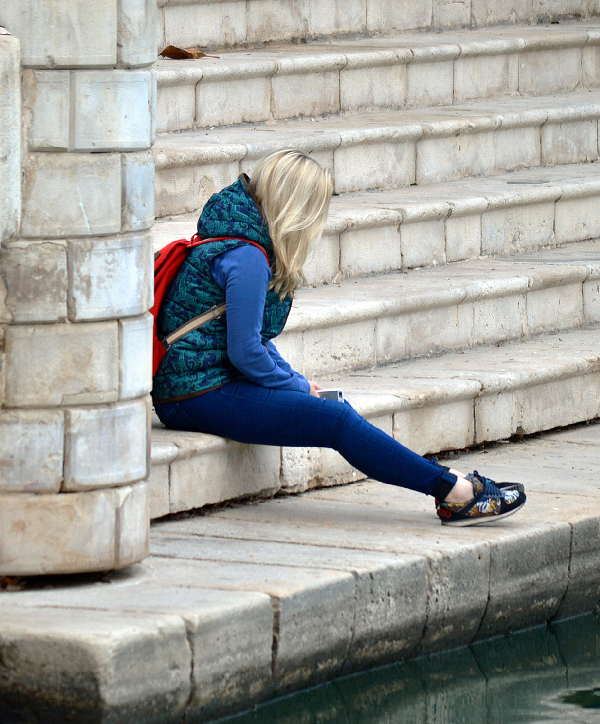
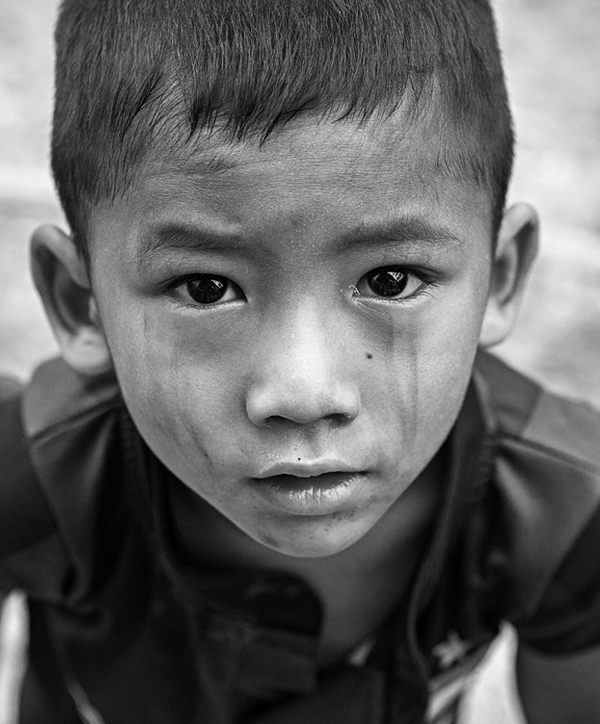
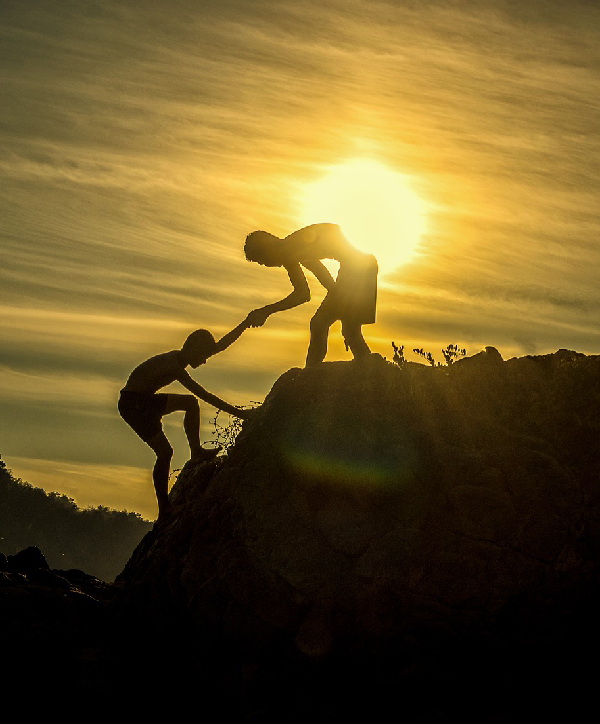
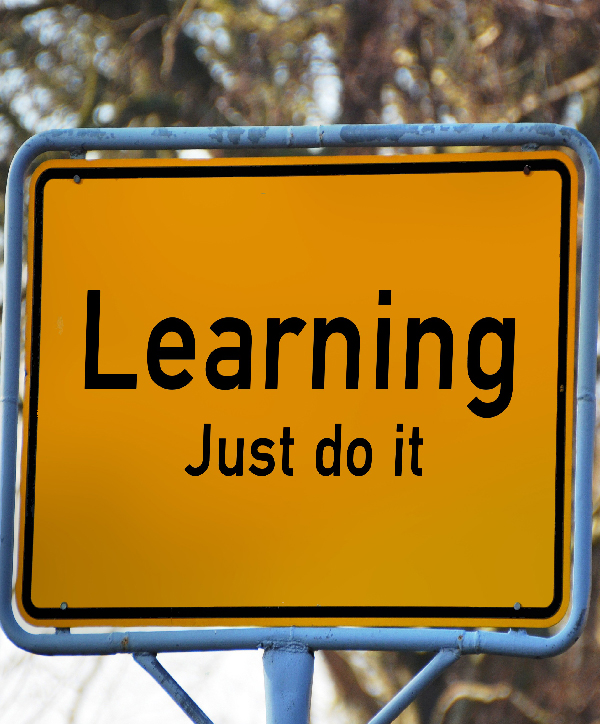
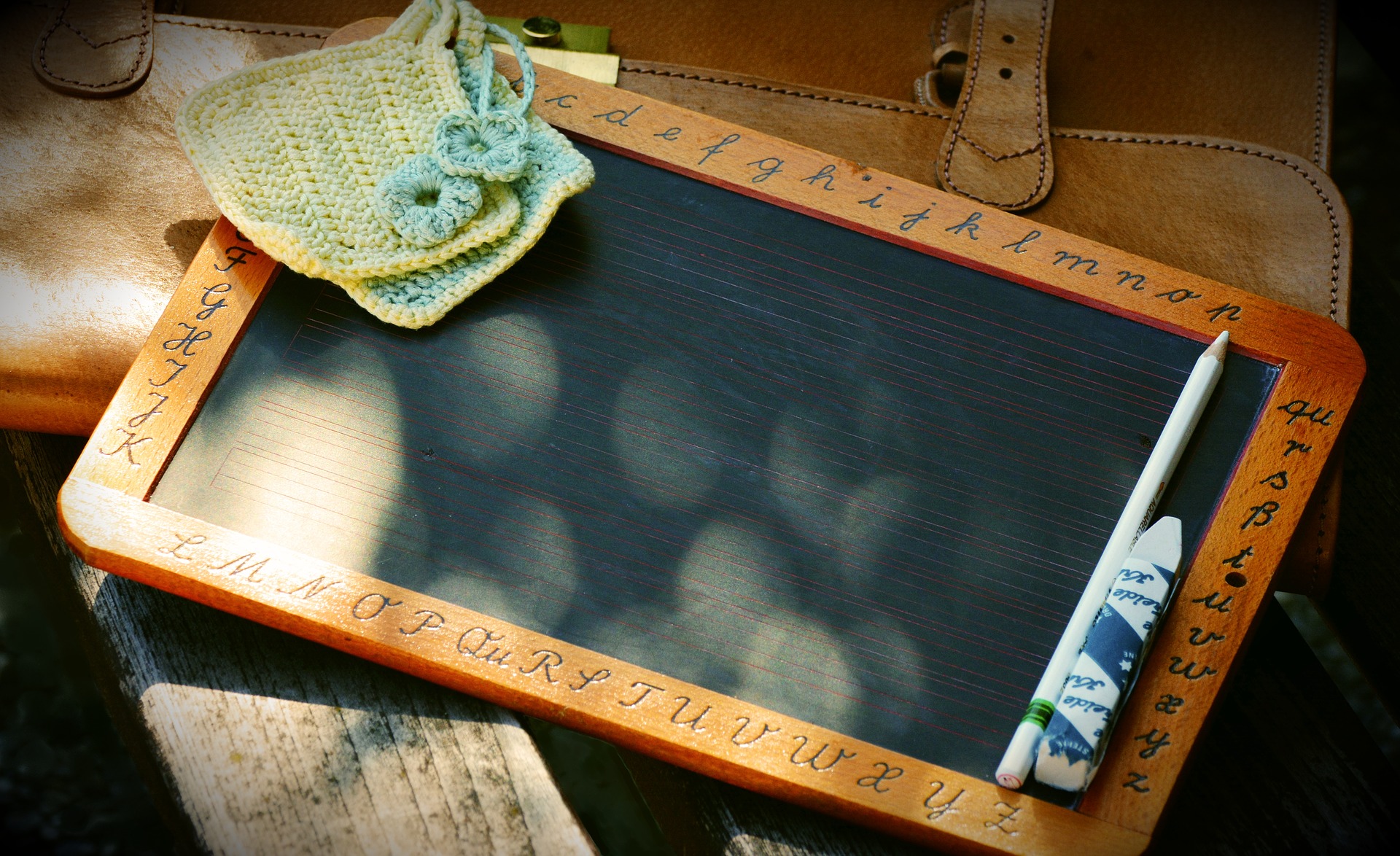
Continual Improvement
The secret is: everything we do, matters. What we do is either valuable or it’s not. We either get better or we do not. The focus on and the practice of continual improvement lifts confidence and trust in ourselves. This confidence is why helping reduce and relieve the pain of other people, actually relieves our own pain at the same time. It’s meaningful.
We all have the same amount of time during the day, however, we all have different amounts of available resources (talents, money, support, etc.). We can’t do it all and we surely can’t do it all at once – be satisfied where we are but be determined to be better.
Be better today than we were yesterday. We are always older and wiser today than we were yesterday because we made mistakes yesterday. We can learn from our mistakes and pain, and work to not repeat them. Embrace and learn from failure. FAIL FORWARD. The alternative is to complain, make excuses, blame other people, and let failure depress us, which we know makes us more vulnerable to abuse. By focusing on continually improving ourselves we are hopeful and optimistic. We look for and find the joy in life. We become so grateful for the good things, there is little room for the negative – we are humble. With humility there is no room for or time to be “greater” than someone else – risking any justification to abuse, and no time to be “less” than someone – risking being abused. We can learn from everyone we meet, regardless of their economic situation, nationality or condition. We are open and understanding of others when we are continually improving ourselves.
The secret to continual improvement is found in three simple steps: Plan, do, evaluate. We do these steps naturally, but when they are done intentionally and constantly, we see amazing results. Plan our day in the morning, Do the plan during the day, Evaluate what we did well and what we could improve during the evening. Repeat day after day. Constantly utilize Plan, Do, Evaluate on small tasks, large projects and even relationships. Conscientiously, using them on an hourly, daily, monthly, and yearly basis will actually produce the results we dream of.
This is not an effort to “fake it until you make it.” Comparing ourselves only to ourselves makes the process real because inside we know who we really are, and keep getting better. This makes us love-able which causes us to be aware and in control of our thoughts and emotions, which is critical when experiencing pain. This is not easy, but what is the alternative? We can PAY attention or PAY with needless suffering. Comparing ourselves to ourselves makes possible our efforts of continual improvement, giving us confidence and trust in ourselves, which together allows us to find purpose and meaning in our lives.
Parents and Teachers: Expect high performance standards and good things from us so we can develop confidence and trust in ourselves, but also expect mistakes. Let us fail, and let us keep trying if we are giving our best effort. It is good experience and helpful in the long run. We are stronger and prepared to do more difficult and useful tasks in the future. Let us try again tomorrow and the next day, until we get it. Give genuine praise and encouragement. Insincere praise undermines our confidence because down deep we know our true effort and current ability and want our future efforts to be based on the truth. Constantly improve yourself, we will do the same. We will understand each other because we will all be trying to be better.
Consider the Source
No one likes to be told what to do, especially teenagers, even when the counsel is correct. We incorrectly hear, “We aren’t good enough,” and it makes us feel “lesser” which hurts our feelings and causes the fight or flight response. We ignore the counsel and fight against the messenger, typically parents and teachers. We attempt to get back at or get even because of the hurt we received. We may hurt ourselves in some way with drugs or other destructive behavior in a misguided way to hurt them. Deceiving ourselves we interpret the intervention, or prevention of our destructive behavior by others, as abuse, which prolongs and increases our suffering.
With the flight response, we feel sorry for ourselves which leads to experiences of depression. This isolates us and makes us vulnerable to many types of abuse. Either way we end up suffering much more than the original hurt feelings – a lose/lose situation.
How can we use what is being said to improve? Consider the source. Is the critique or counsel coming from someone who has our best interests at heart? If not, don’t worry about it, they need help with their own problems. If so, absorb and apply it.
Be willing to be wrong. Expect more of ourselves and keep the standard high because we can continually improve. Remember that was the real intention of the counsel to begin with, not to hurt us, but to makes us better. Focusing on our continual development is genuine and purposeful and the way we can have joy no matter the circumstances of our lives.
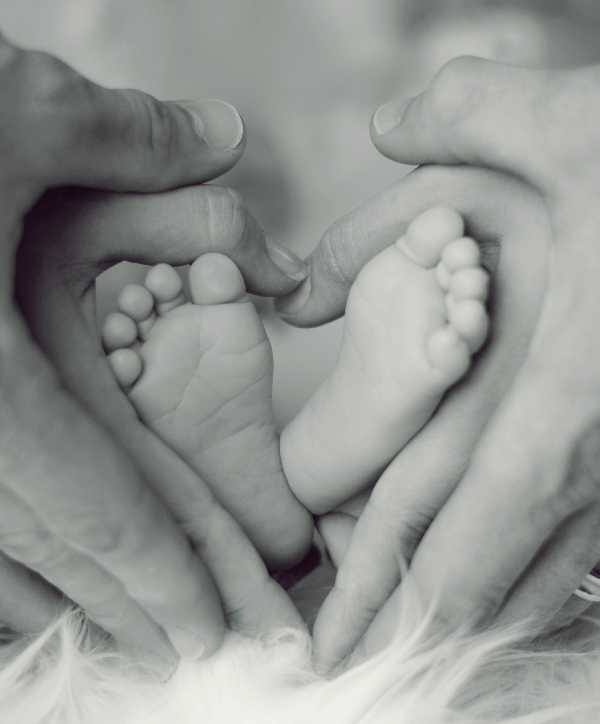
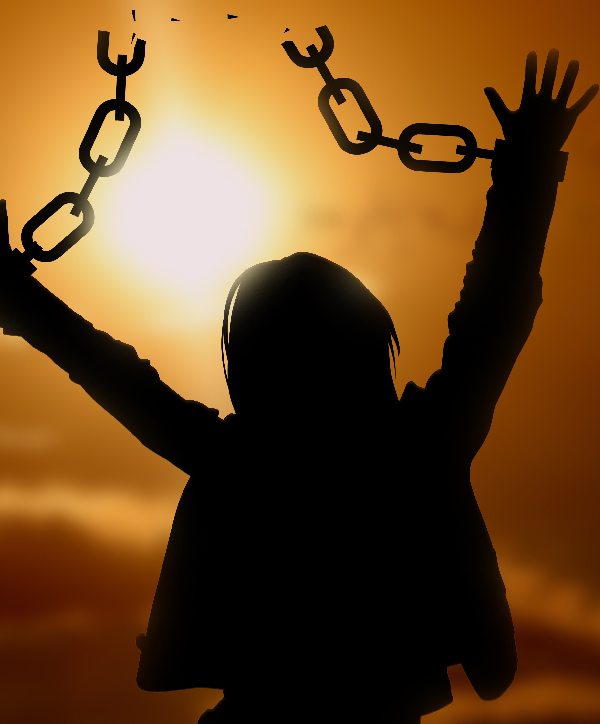
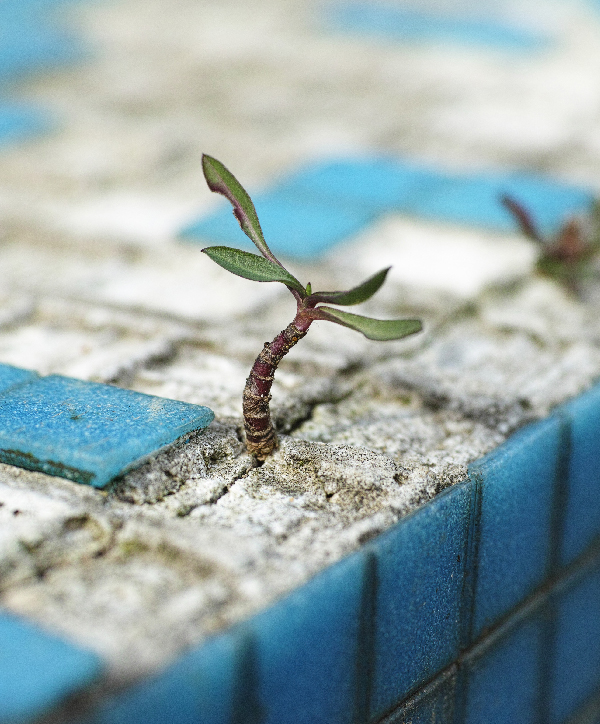
I Won’t Let You Hurt Me
A bully may make a comment intended to arouse our emotions and hurt our feelings. Bullies use partial truth as their weapon because they know it hurts more. A bully may say, “You’re fat!” This may be partially true. They are not accounting for all the variables such as individual health, metabolism, exercise limitations, injuries, diet circumstances such as parental choices on your behalf, etc., they are simply trying to feel “greater” about themselves by hurting us. If we react with a fight response, we often go to extremes, including eating disorders or over exercising in order to “show them.” If we allow in the feeling of being “lesser” we react with a flight response. We turn inward and attempt to console ourselves, perhaps with over-eating, which exasperates the condition. Oddly, proving the bully right.
If we are continually improving, others can’t intentionally or unintentionally hurt us. We are confident enough to defend ourselves. We can also absorb the truth from the critic and simply be better tomorrow than we were today. No extremes, just simple consistent choices and actions that make us better and better over time. We don’t artificially puff ourselves up with positivity, we actually replace or deflect the emotion that causes the pain, allowing us to cope with any negativity.
The good news is feelings of each other’s superiority and inferiority are not correlated, unless we let them. Feelings of superiority can’t and shouldn’t cause someone else’s feelings of inferiority. Inversely, the opposite is also true, someone’s feelings of inferiority do not indicate someone else is or feels superior. No one can make us (insert emotion), they can only act in a way to cause or remove pain to which we return an emotional response. When we replace or deflect the pain and our response to the pain, we have found peace.
Giving up or not caring – an initial flight response, may appear as a way to eliminate the pain but it is only a counterfeit, as it can easily be followed by a fight response done in private. This creates a dark place for bitterness and resentment to develop. As bitterness and resentment fester, revenge grows, and emotional pressure builds. Not knowing how to control this emotional pressure leads to unnecessary disasters such as a school shooting or suicide.
When We Give it, We Know We Got it
By sacrificing some of our self, to give hope and confidence to other people, we find more hope and confidence in ourselves. The simplest and fastest way to get it, is to give it away first. When someone is suffering with a painful problem, no matter the size, a big part of the solution is to help them help someone else. Their own recovery will be much faster and more complete.
Example: People who overcome a painful problem, such as alcohol abuse, or homelessness, often want to help other people who have the same problem. They understand the problem and don’t want their same suffering to continue. They now have a purpose bigger than themselves, and their own confidence grows. Their own healing and coping become even stronger.
HABITS AND SKILLS
Continual improvement, comparing ourselves with ourselves, failing forward, planning, doing, evaluating are all skills. Skills are something we can see that give us confidence because of the accomplishment. Our skills make us feel good because we are prepared, not scared. Seeing positive results motivates us to continue improving. Confidence and courage are contagious.
Abilities give us confidence to cope with the world. Without them we just try to survive. When surviving becomes difficult we become desperate. When desperation takes hold, tragedy is almost certain because we inevitably become the abuser or the abused. Example: As horrible as it is, trafficked victims are only supplied because there is a demand for what they provide. The demand is largely created by the desperation produced by pornography. Pornography is fuel for abuses such as child trafficking. Viewing other people as objects, for personal gratification, is a feeble and miserable way for someone to elevate themselves over someone else. Consumers of pornography are abusers, and have no true confidence in themselves because they lack the habits and skills to make strong, lasting relationships. Avoid pornography like the plague.
Avoid Desperation: The simplest way to avoid problems like drugs, debt, pornography, etc. – is to never start.
As difficult, pointless or boring, as school may appear at times, it is a critical practice time in our life to develop habits and skills. Think of the disadvantages and challenges created by not being able to read, do math, understand history, complete work on time, do what we say we will do, and work with others. The lack of these skills limits our options, such as employment, which puts us in survival mode right from the start of adulthood. We easily become susceptible to abuse. Desperate to feel valued and important we can easily become the abuser. Find positive, useful interests and develop habits and skills that fit those interests. Don’t do nothing. Doing nothing leads to boredom which steals our productive time and we are left alone, weak and likely desperate.
There is no need to have our life all planned out in our youth. We can’t know our true purpose in high school because we don’t even know all the available options. From a young age some of us may know exactly what we want to become in life, but most of us learn along the way. However, we can’t find our purpose by wandering around aimlessly. As we focus on developing habits and skills now, in our youth, our confidence and opportunities will increase, and our purpose will eventually become evident for us to choose.
Habits and skills are not built overnight. Any skill takes time to develop. With repetition and practice, skills become habits. We get better at what we practice, good or bad. Practice makes permanent. Be careful what and how we practice. Perfect practice makes perfect. Good habits are difficult to create and bad habits are even more difficult to break. Good or bad, habits become part of who we are. Good habits are sustainable over a lifetime. Bad habits crush us over a lifetime.
If skills and habits are so critical to our confidence which then leads to purpose and meaning, how do we make them simpler to develop? Answer: Break skills and habits down into systems or processes – a series of small simple steps. Start so small we can’t possibly fail.
7 Habits of Highly Effective People
TRUST = Moral Character + Competency
Spend our time on Important Non-Urgent tasks
Private accomplishments – what we know about ourselves
1. Be Proactive
2. Begin with the end in mind
3. First things first
Public accomplishments – what others can observe in us
4. Think win/win
5. Seek first to understand then be understood
6. Synergize
7. Sharpen the saw
People who truly practice these habits are strong and capable. They are neither perpetrators or victims. These habits can all be found in the details of OUR SCHOOLS – Abuse Prevention Plan. We recommend a serious study of these habits.
Challenge: Find and identify these 7 habits throughout the plan.

CREATE SYSTEMS
SUCH SMALL STEPS WHERE WE CAN’T POSSIBLY FAIL
Everything we do is a process or system – a series of steps. Think and focus on what works and break it into the simplest sequence of steps. Efficiency – creates the best results with the least amount of effort and cost to achieve those results. Practicing these steps over and over will become automatic over time with much less effort, therefore becoming a skill and habit.
Begin with tasks so simple we can’t possibly fail. Start the momentum of feeling good about ourselves. When professional athletes fall into a slump, they go back to the fundamental skills of their sport. They practice the very simple tasks they have done thousands of times in order to get their confidence back. What is easy for one person might be difficult for another. Individually do what is simplest and easiest, yet effective and purposeful. No one can fail at this level because it is individualized. For someone recovering in a hospital, a simple finger wiggle may be the first step before eventually getting out of bed – that is success for them.
Systems are a format to follow and a way to be organized. When we are organized and clean, our chances of success increase. Tools are easily accessible, creating less overall work. This reduces stress, frustration and costs. Problems seem to arise when we are least prepared to handle them. Example: The printer always breaks when we wait to do an assignment last minute. We procrastinate and are then surprised when problems seem to accumulate. The teacher and the world are not conspiring against us when they aren’t willing to bend over backwards to bail us out. If we do the simple things instead of groveling for more time or thinking the teacher hates us, we feel good about ourselves and the world looks a little better.
Plan, Do, Evaluate is itself a system. This is also the best way to create new systems. Plan the series of tasks, try them out, evaluate the tasks and their sequence. Make adjustments, retest and evaluate until the system is simple and efficient. Then let the system carry the stress, so we aren’t overcome with compulsive behavior – stuck with little tasks controlling our value and identity. When tasks are done in proper order, we need to work less for better results, allowing us to recognize and enjoy how good life can be.
Attempting new skills can be overwhelming at first. Breaking skills down into infallible steps done in the proper order, takes great patience. To start off slow and steady we must believe it will work out in the end and that it will be worth it. If we are patient and do the important little steps exceptionally, the progress is fast. If we are impatient, progress is slow and the greatest results are never realized. As youth, time is on our side. Do it right, then speed up.
Parents and Teachers: Keep things simple until we get it. Show us step by step. At the beginning of something new, communicate so clearly, we can’t possibly get it wrong. We can’t read minds.
Examples
Pick Up Trash: Anyone can do it, but anyone won’t do it because it seems too easy or beneath them. Be careful not to think we are too important or “greater” than such a menial task. Remember once we perceive ourselves to be “greater” or above, it is easy to take advantage of others and justify some form of abuse. Accomplishing even the simplest of tasks can make us feel good that the world is a little better than it was before we came along. We feel worth-more rather than worth-less. It may not seem like much but think of the disease and sickness that can be avoided when the trash is properly disposed of. What a great start.
Think how powerful a clean room can be. Items are readily available and tasks are less likely forgotten, increasing efficiency. When we are finished cleaning our room we can stand back and enjoy the accomplishment.
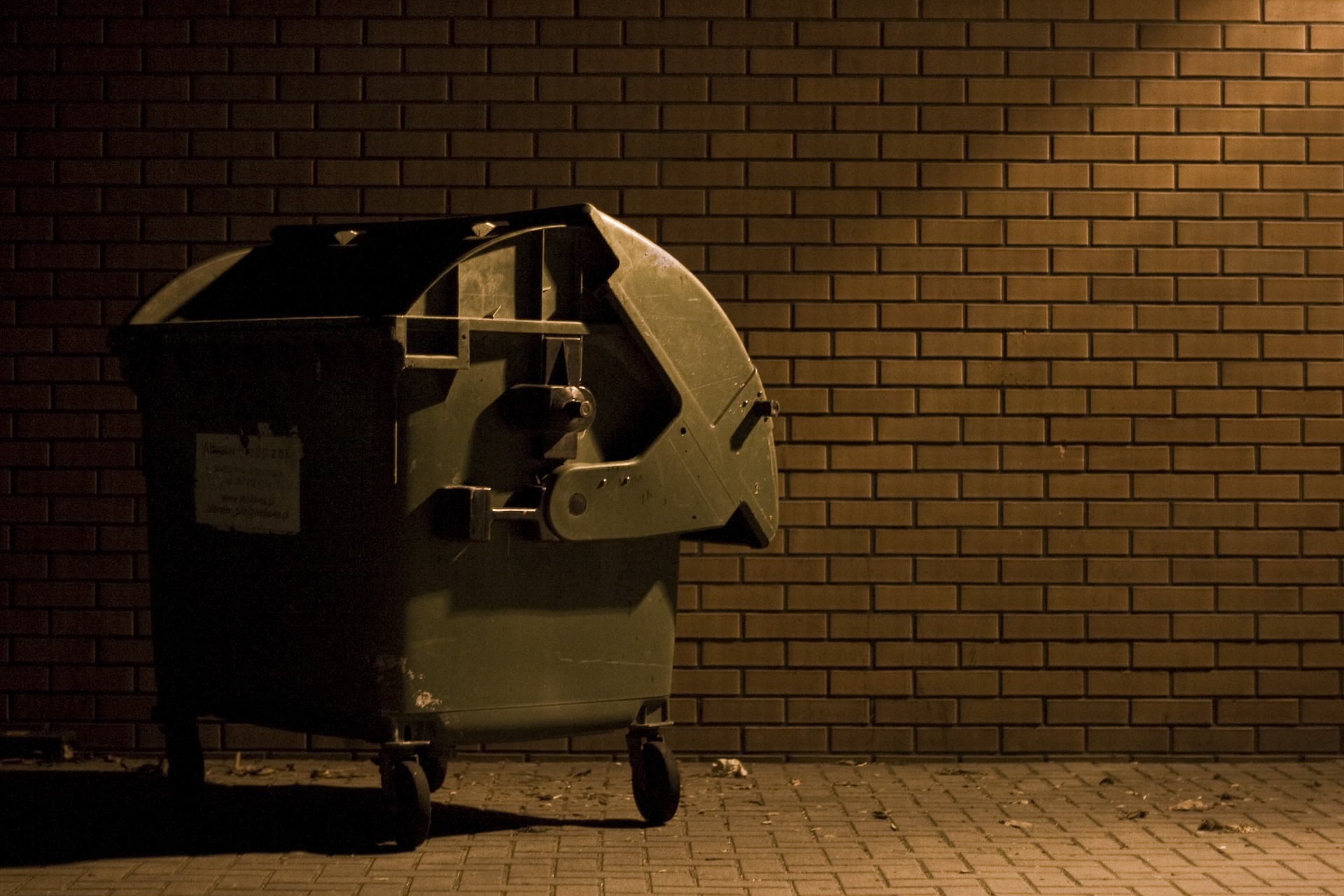
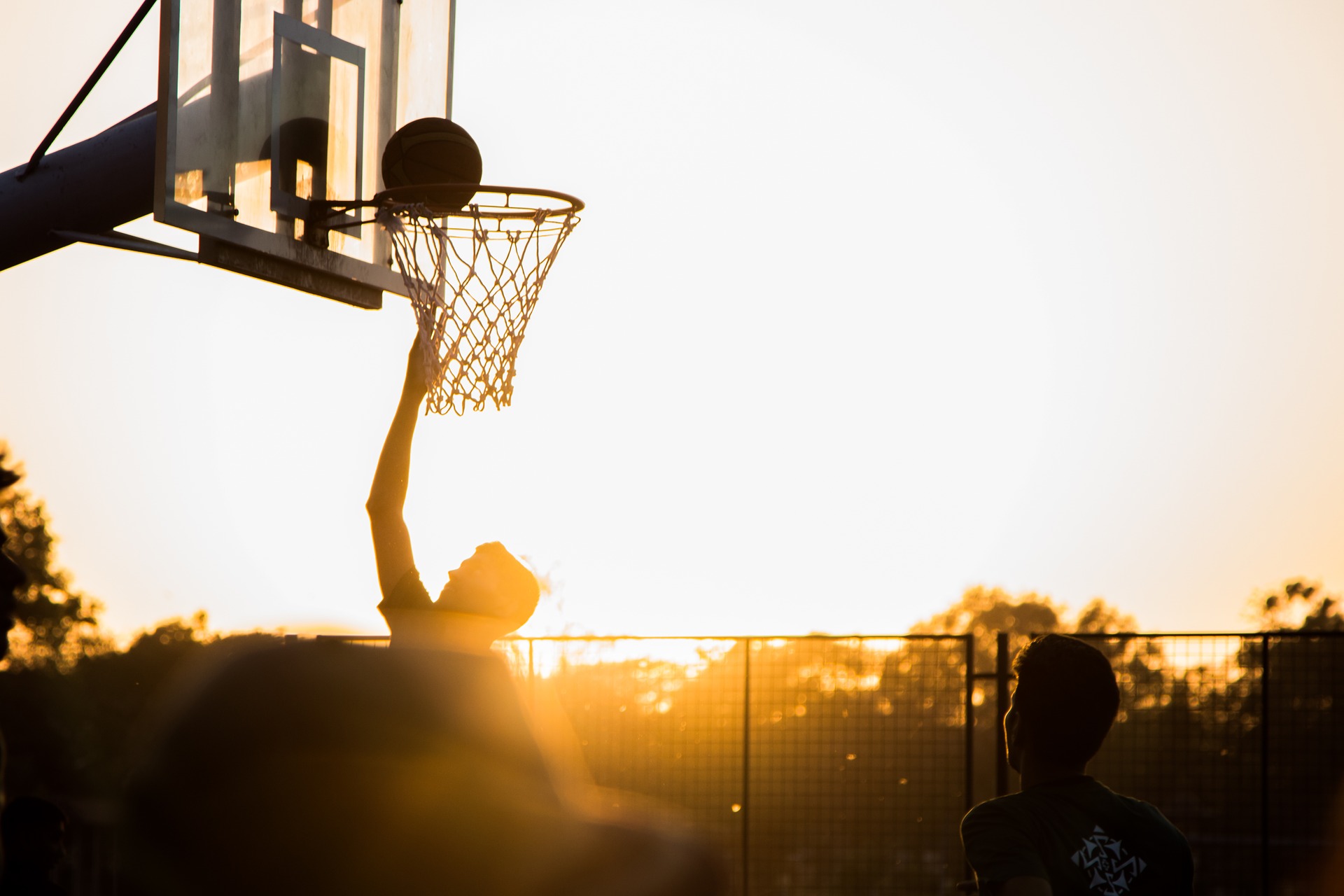
Shooting Baskets: Watch a group of students shoot baskets for fun on the basketball court. Most if not all, will go as far away from the basket as possible – 3-point line typically, and attempt to make shots. Perhaps they make 1 out of 10 – 3 points total. Wise students start at the place where the easiest and most points are made, and where they can’t fail – right under the basket. Under the basket they likely make 8 out of 10 – 16 points total. 16-3 is a big win. Wise students want to get better and find success the simplest way possible, the others are hoping to portray an image of success. The image is a counterfeit to genuine success and undermines our confidence because deep down we know who we really are. Missing more often than not becomes discouraging, which decreases how we feel about ourselves – a flight response occurs and we give up. If we started close to the goal and built up our confidence, we would still be enjoying the game.
Learning to Walk: Most people no longer have to think about it, it has become a habit, a skill, a degree of mobility which is utilized to make further choices. People who have been injured and have lost the ability to walk rehabilitate by practicing a simple sequence of steps over and over to become capable of walking again. Some people may lose the ability to walk completely. In order to be mobile and have greater freedom, their sequence of steps becomes different and more difficult, but no less important to their own success and happiness.
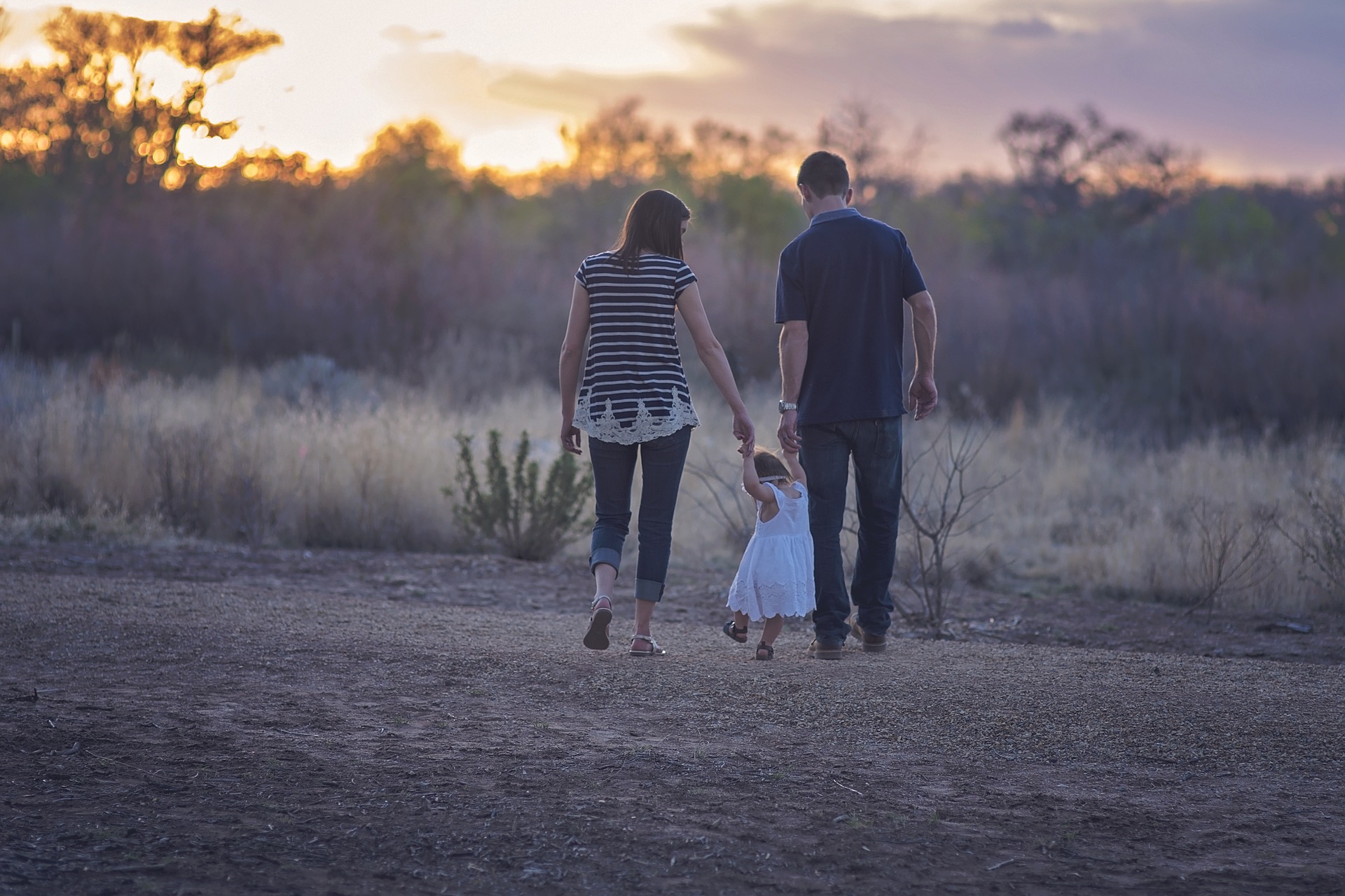

Personal Health: Our physical health and mental health directly affect one another. The simplest way to change our mental state is to change our physical state. Simply going for a walk can change lazy and lethargic feelings. The irony is: who wants to exercise when we feel tired, but it’s critical. Clean hygiene, proper exercise, diet, and rest sharpen our minds. In the growth stage of our lives, eating good food, exercising and sleeping on an early to bed, early to rise schedule makes a tremendous impact on our health. It’s simple but not easy. Taking care of our own physical health allows us to be strong enough not to be abused and confident enough not to abuse anyone else.
School Tasks: Putting our names on our papers before turning them in, and organizing our notebooks so we know where our work is, in order to turn it in on time, seem so simple and trivial. Yet, these and other simple tasks may be the difference between an A student who believes in themselves and a D student who doesn’t. Many failing students are likely smarter than some top students. However, successful students care. They do important tasks first and yet become exceptional at the seemingly little tasks because they know it is practice for more important things to come in their life. Not caring and therefore not developing and practicing these skills weakens us and makes us vulnerable.
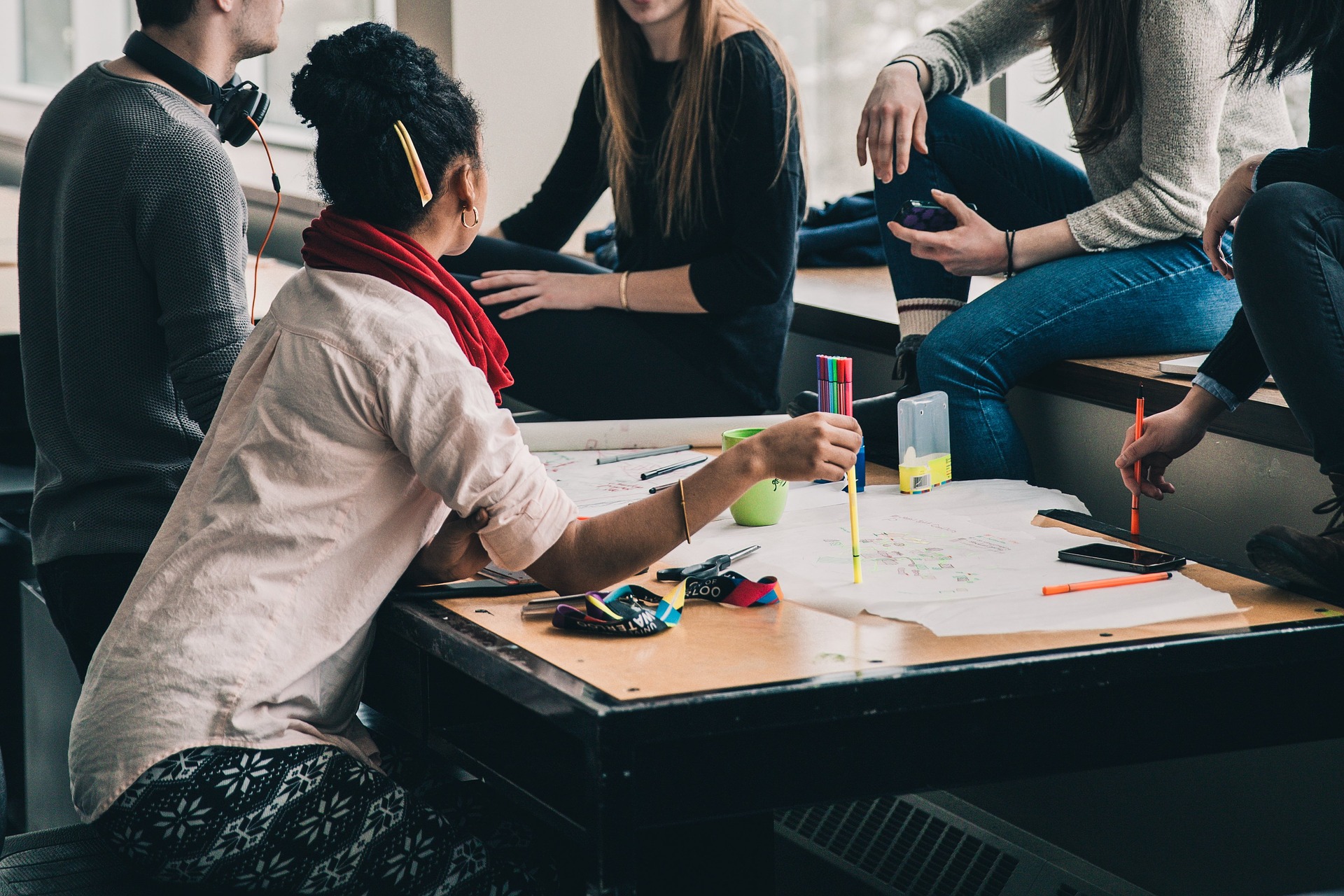
CHOICES SUPPORT AND CONNECT IT ALL
Our simplest tasks – those each of us can do without the possibility of failure, are only completed or neglected by our choice. If a task is completely and fully physically impossible it is not within our choice and we have no control or responsibility over it. Otherwise a task can only be accomplished or blocked by our choice. Choice is the most powerful ability we have. Use it wisely because the consequences are equally powerful, good or bad. Who we are is built on the foundation of our choices, with thanks for the freedom and ability to make those choices.
PROTECTING OURSELVES
Bullies are Cowards
Perpetrators of all sorts look for easy targets. When someone is trying to take advantage or exploit someone else in any way, they know their own strength and abilities, and look for people who are weaker and more vulnerable than they are.
To make it even easier, perpetrators attempt to keep secrets and isolate a targeted person away from loved ones who can help. When confronted, perpetrators may put up initial resistance such as shifting blame or making excuses, but will eventually be caught in their lies and back down and hide because they know they are in the wrong.
Perpetrators/bullies are weak. In reality we are much stronger than their fraud.
Be strong, confidence and courage are contagious.
When faced with something new, challenged or confronted with their own weaknesses, bullies divert attention away from themselves. They laugh at and mock those people who attempt to excel so they themselves will not be seen failing.
Mockery is a sign of the inability, weakness, insecurities and the lack of confidence of the bully.
Example: A group gathers to attempt a new dance. As someone awkwardly fails at the first attempt, the bully makes fun. They say how terrible the person is and try to rally the group to join the mockery in order to feel “greater” than the rest. When asked to attempt it themselves, they dismiss the idea of dancing as “lesser” to deflect the focus from themselves, so they aren’t asked to prove how incompetent they actually are.
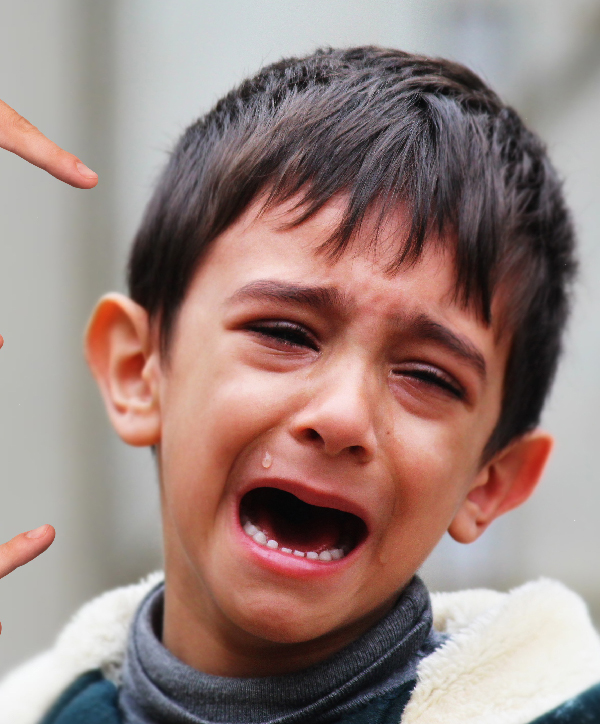
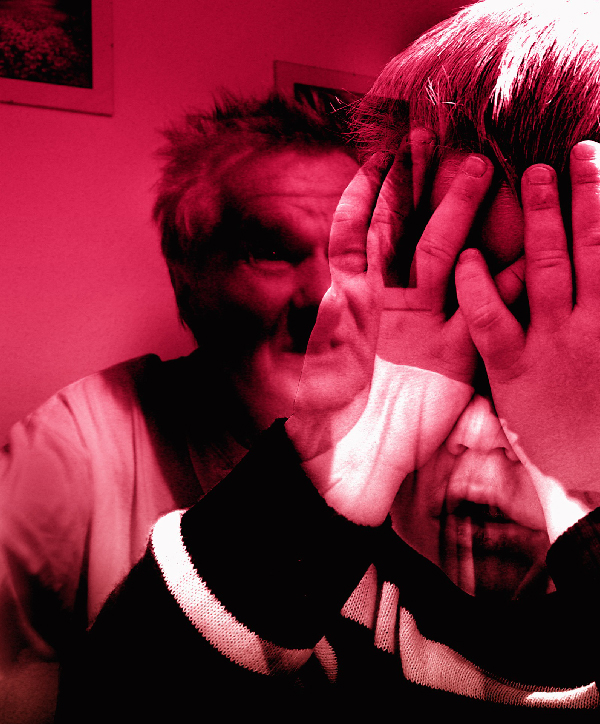
To the Abusers, Perpetrators, and Bullies
Abusers, perpetrators, and bullies have often been victims themselves. The pain, fight response and need to feel superior somehow, has led them to do the very things which were done to them, and often worse things, to someone else.
We are sorry for your pain and misery but ask you to stop the needless suffering. People are important and valuable. Stop tormenting them. Stop tormenting yourself. You will find more peace, satisfaction, meaning and purpose from your pain, as you relieve the needless suffering of others.
To the Abused
Don’t blame yourself for someone else’s terrible choices. You are infinitely more valuable than how you were treated and the pain you received. Your true purpose is so much more than the pain you currently see.
Please let someone help you. Bring the situation to light, stop the suffering then keep your development moving forward. Receive and give the love that can heal. After all, no one can steal all your choices and your love-ability.

